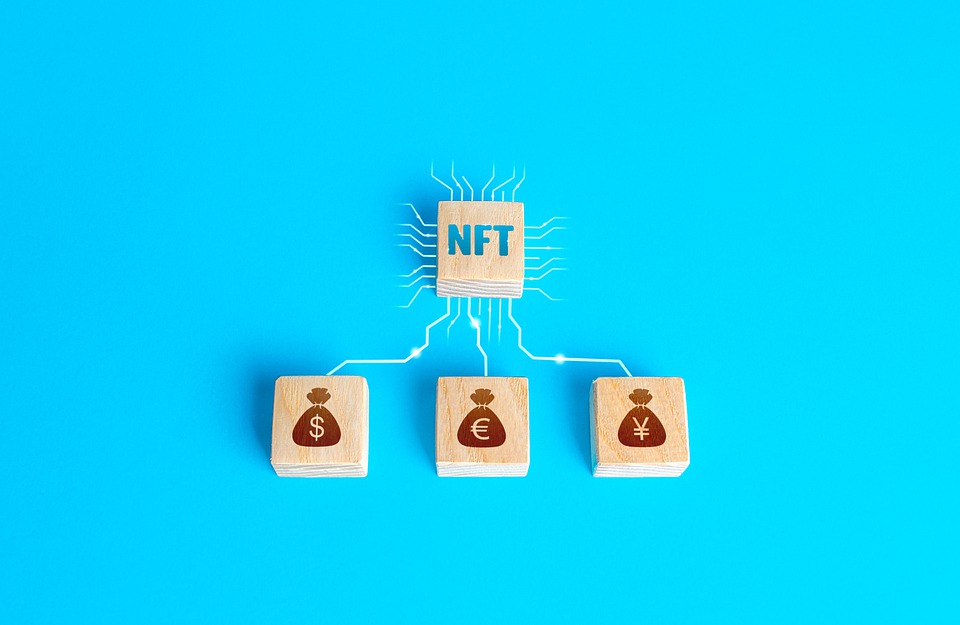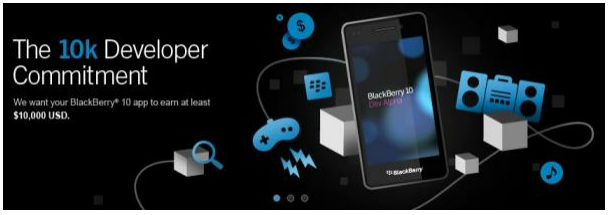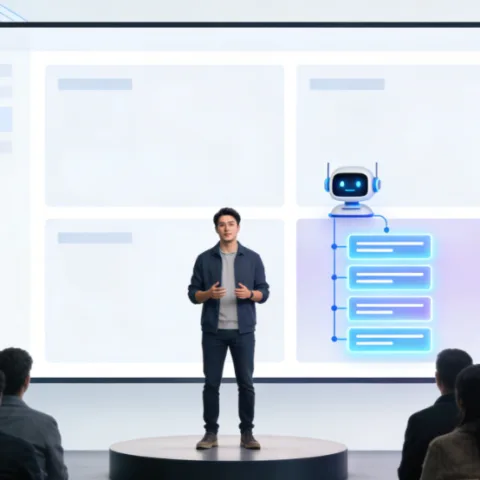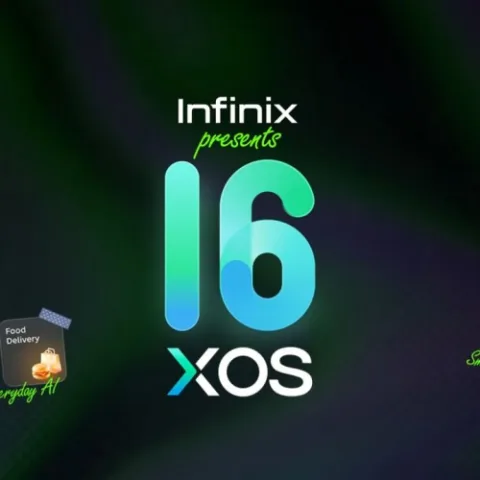Business is a battle and to succeed in the battleground, you need to know who you’re fighting against. Sometimes it’s as plain as day but some of them are lost in obscurity. We all know the direct competition between Pepsi vs. Coca-Cola, Mercedez Benz vs. BMW and others. Direct competitors are the ones whom you fight directly, selling the same services or products as you are, and are in the same market space.
What about the indirect ones? The enemy that’s not in your immediate industry but can substitute or even replace you entirely. The example of this would be Web designers vs template makers. Web designers tend to do projects for a living and yet people can also buy templates and modify it themselves fairly easily. Templates are cheap and modular and can be used countless of times while Web designers offer more custom solutions with higher costs.
If Web designers don’t adapt to the situation they might ended up losing valuable projects and go out of business. Web designers can adapt by also making templates but still offering a custom solution to the clients that need more than just a template. If you only look at your direct competitors, you might not see this coming.
Another interesting example is Starbucks vs espresso machine makers. Starbucks sell coffee while an espresso machine is a coffee maker. One is in food and beverages while the other is in retail and manufacture, but both are in the same market space and are fighting for market share. It’s fairly obvious though, that making your own coffee is cheaper than going to Starbucks or even McDonald’s. Speaking of that fast-food joint, Starbucks is also competing with McDonalds over coffee. Again, not a direct competitor but a worrisome competitor nonetheless.
You can identify your indirect competitors by going broad and listing the companies with the same market as yours. When I started gantibaju.com, I didn’t think of competing directly with Threadless but more on to the communities of designers in Indonesia. If I want to lure them in, I need to ‘steal’ their time on other similar designer community sites, which is why I stole my first members from the Indonesian community at Deviant Art and also from other similar sites. On retail, I’m competing with other t-shirt distros, directly with the ones upholding a nationalistic theme but indirectly with the general population of t-shirt distros targeting the age of 24-32.
Your enemies may not look like an enemy at first, but you know what they say: “Keep your friends close, and your enemies closer”.
PS: This is my last post as a weekly columnist. I just wanted to say that I love writing here but my business is keeping me super busy. I’ve decided to concentrate all my resources for my new company Tees.co.id, it has gained quite an interesting traction and I definitely don’t want to mess it up. It’s been fun writing for DailySocial and I’ve learnt a lot from my research and comments. This is not a goodbye, I may write again in the future when I have more time to spare. Will continue to write in rajasa.com, just don’t expect weekly updates. Ok then, that’s all I have to say for now. I’ll see you when I see you!
 Aria Rajasa is the CEO of gantibaju.com, a clothing startup backed by a very strong designer community. His passion in entrepreneurship has gotten him to establish a number of companies in technology and design industries since leaving university.
Aria Rajasa is the CEO of gantibaju.com, a clothing startup backed by a very strong designer community. His passion in entrepreneurship has gotten him to establish a number of companies in technology and design industries since leaving university.







![[Omdia]-Pasar-Smartphone-Global-2025-Tumbuh-Tipis,-2026-Tekanan-Mulai-Terasa](https://hybrid.co.id/wp-content/uploads/2026/02/Omdia-Pasar-Smartphone-Global-2025-Tumbuh-Tipis-2026-Tekanan-Mulai-Terasa-480x480.webp)



